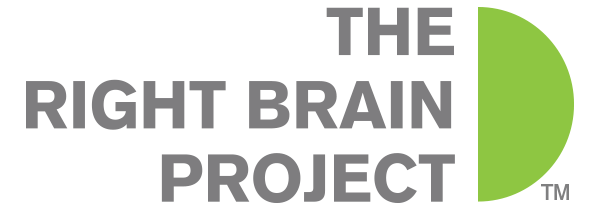by Anne-Marie Cziko, Ph.D. Neuroscientist and Kelly Kent, Ph.D. Neuroscientist
Elizah arrives to work and walks down the hall. She sees Ali lying on the floor with his golden retriever, Darryl, completely in the zone, working on a still-life drawing; and Shari sitting in her office recliner staring at the ceiling. This is the kind of productivity that Elizah had learned to recognize, a kind that primes her team for creative insight.
The human brain has an infinite potential to form novel neuronal connections, but the most creative connections, our "aha" moments, are only made during periods of reflection. Most of us realize this intuitively. Solutions to problems often show up during our commute, in the shower, or on a long walk. Stepping away from solving a problem can cause an answer to appear.
Personal experience and neuroscience tell us that downtime and periods of reflection spur innovation, so why are most workplaces absent of these practices in their culture?
The tremendous value placed on creative output in modern work is contradicted by old school bottom-line habits around how to get work done. This old system makes employees over-burdened, over-stimulated and over-worked. Our workplace habits are out of sync with the natural process and inventive potential of our brains.
The Right Brain Project is not suggesting a workplace where we pet dogs, make art and sit around all day, but these activities can accelerate new ideas, insights, and innovation. Success is in the balance between focused effort and relaxed recharging. Investing in space and time for reflection throughout the workday can reap tremendous rewards in problem-solving and sustainable performance.
Does your workplace culture need to incorporate time for reflection to live up to your goals and mission? TRBP team are the experts on matching company goals to the latest brain science on creativity. Call us to learn more.

